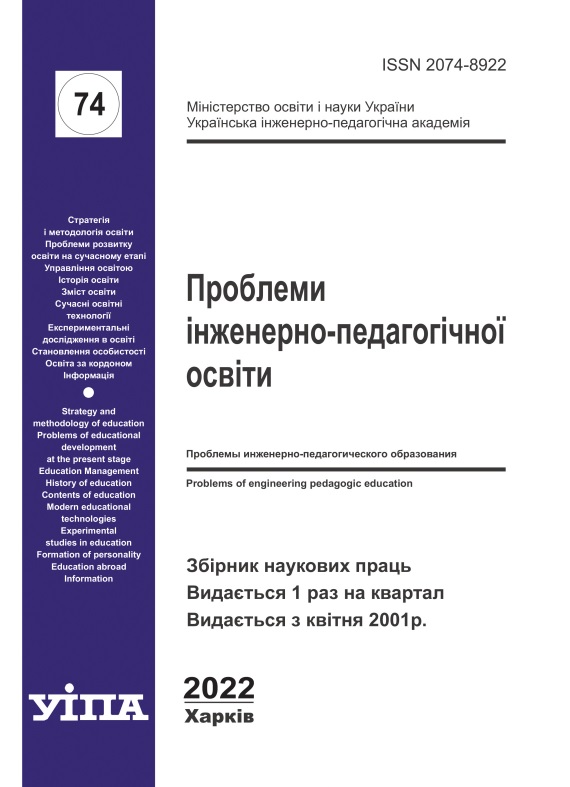Анотація
Статтю присвячено аналізу найтиповіших мовних помилок, наявних у текстах наукових праць
молодих дослідників, запропоновано дієві механізми формування мовнокомунікативної компетентності
здобувачів вищої освіти ступеня доктора філософії під час опанування курсу «Українське наукове
мовлення». Розглянуто поняття «мова науки», констатовано, що опанування наукової української мови є
важливою передумовою підготовки досконалого наукового тексту, успішної презентації результатів
наукового дослідження. Водночас зазначено, що сучасні наукові праці часто містять порушення мовних
норм (науковці започаткували навіть окремий напрям досліджень – «лінгвістика помилок», або
«помилкознавство», «девіатологія»). Мовну компетентність розтлумачено як знання норм сучасної
літературної мови та уміння застосовувати їх на практиці й виділено, відповідно до типів мовних норм,
орфоепічну, акцентологічну, лексичну, словотвірну, морфологічну, синтаксичну, орфографічну,
пунктуаційну й стилістичну мовну компетентність. На підставі того, що мовна компетентність є
складником комунікативної, запропоновано одне поняття – мовнокомунікативна компетентність як
сукупність знань про спілкування в різних умовах та уміння застосовувати ці знання на практиці, що
дасть можливість здобувачам вільно презентувати та обговорювати результати досліджень, а також
кваліфіковано відображати їх у наукових публікаціях. Запропоновано огляд порушень мовних норм у
текстах молодих дослідників, а також систему вправ і завдань, спрямованих на формування стійких
навичок у цій царині. Висловлено впевненість у тому, що набуті здобувачами вищої освіти ступеня
доктора філософії філологічні знання протягом опанування курсу сприятимуть підвищенню загальної
мовленнєвої культури як майбутньої наукової еліти, так і суспільства в цілому.

Ця робота ліцензується відповідно до Creative Commons Attribution-NonCommercial-NoDerivatives 4.0 International License.
Авторське право (c) 2023 Проблеми інженерно-педагогічної освіти


